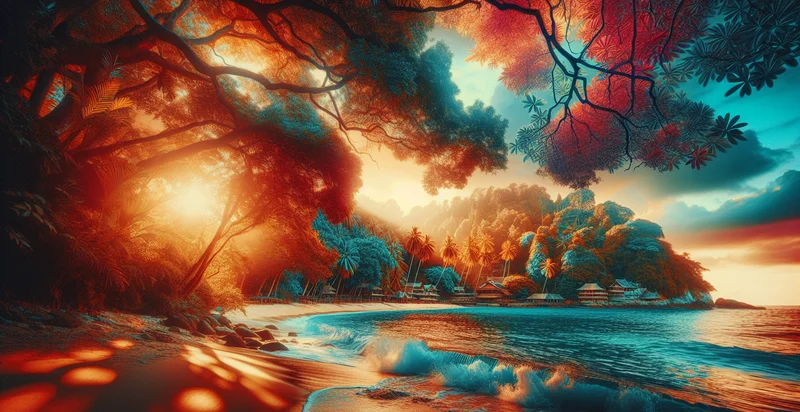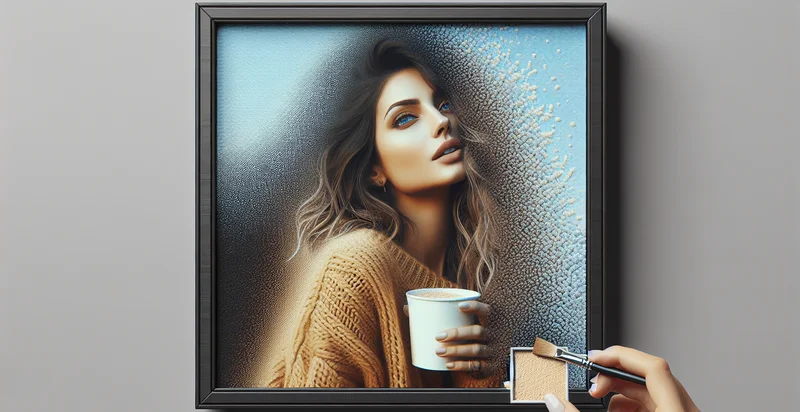Identify if scene uses filters
using AI
Below is a free classifier to identify if scene uses filters. Just upload your image, and our AI will predict if the scene uses filters - in just seconds.

Contact us for API access
Or, use Nyckel to build highly-accurate custom classifiers in just minutes. No PhD required.
Get started
import nyckel
credentials = nyckel.Credentials("YOUR_CLIENT_ID", "YOUR_CLIENT_SECRET")
nyckel.invoke("if-scene-uses-filters", "your_image_url", credentials)
fetch('https://www.nyckel.com/v1/functions/if-scene-uses-filters/invoke', {
method: 'POST',
headers: {
'Authorization': 'Bearer ' + 'YOUR_BEARER_TOKEN',
'Content-Type': 'application/json',
},
body: JSON.stringify(
{"data": "your_image_url"}
)
})
.then(response => response.json())
.then(data => console.log(data));
curl -X POST \
-H "Content-Type: application/json" \
-H "Authorization: Bearer YOUR_BEARER_TOKEN" \
-d '{"data": "your_image_url"}' \
https://www.nyckel.com/v1/functions/if-scene-uses-filters/invoke
How this classifier works
To start, upload your image. Our AI tool will then predict if the scene uses filters.
This pretrained image model uses a Nyckel-created dataset and has 2 labels, including Filtered and Natural.
We'll also show a confidence score (the higher the number, the more confident the AI model is around if the scene uses filters).
Whether you're just curious or building if scene uses filters detection into your application, we hope our classifier proves helpful.
Related Classifiers
Need to identify if scene uses filters at scale?
Get API or Zapier access to this classifier for free. It's perfect for:
- Social Media Content Moderation: This function can be used by social media platforms to analyze images uploaded by users to identify if filters have been applied. This can help in moderating content for authenticity and preventing the spread of misleading or heavily edited images.
- E-commerce Authenticity Verification: Online retailers can utilize this classification function to verify the authenticity of product images. By determining whether filters have been used, companies can ensure that the images presented to consumers accurately represent the products being sold.
- Digital Marketing Analytics: Marketing agencies can employ this function to analyze visual content in advertising campaigns. Understanding whether images utilize filters can help assess the effectiveness of different visual strategies and guide future creative directions.
- Photography Contest Management: Platforms that host photography contests can use this classification feature to ensure the integrity of submissions. By identifying images that have been filtered, judges can maintain fairness and focus on raw talent and composition.
- Influencer Partnership Validation: Brands collaborating with influencers can apply this function to ensure the images posted by influencers align with their marketing standards. Analyzing whether filters are used can help brands assess the authenticity of an influencer’s representation of their products.
- AI Art Generation Quality Control: Companies in the AI art generation space can use this function to evaluate the output of their image generation models. By identifying the presence of filters, they can refine their algorithms to produce more authentic or stylistically diverse artworks.
- Educational Tools for Photography Students: Educational platforms focused on photography can integrate this functionality to help students understand image editing and its implications. By identifying filtered images, instructors can emphasize the importance of authenticity versus stylization in photography.


